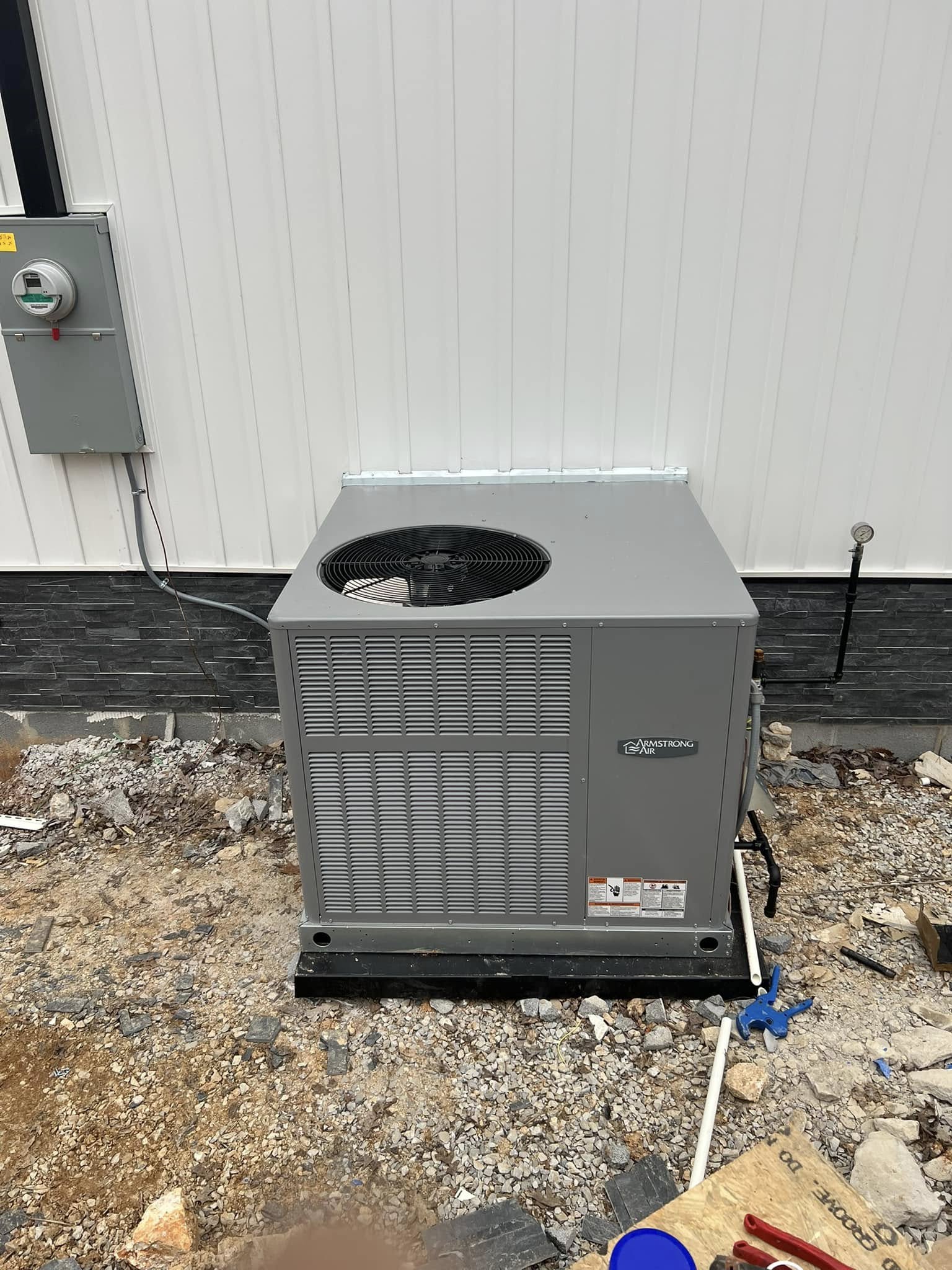
The Ultimate Guide to Choosing the Right HVAC System for Your Home Oct 27, 2025
Firstly, understand the types of HVAC systems available. The most common types include split systems, hybrid systems, ductless mini-split systems, and packaged heating and air systems. Each has its unique features and benefits. Split systems are traditional setups with components both inside and outside. Hybrid systems provide energy flexibility and can reduce utility bills. Ductless systems are ideal for retrofitting or rooms that don't have ductwork, and packaged systems are often used for homes without basements.
One crucial factor to consider is the system size. An incorrectly sized system can lead to inefficiency and discomfort. An oversized unit will cycle on and off too frequently, leading to energy wastage, whereas an undersized system will struggle to maintain your desired temperature. It's always advisable to engage a professional HVAC technician like the experts at Paul Proffitt Heating & Air to perform a load calculation for accurate sizing.
Energy efficiency is another key aspect. Look for systems with high Seasonal Energy Efficiency Ratio (SEER) ratings and check for the Energy Star label. Such systems may have higher upfront costs but offer long-term savings on energy bills. Not only are energy-efficient systems kinder to the environment, but you might also qualify for rebates and tax incentives.
Your home's specific needs should guide your choice as well. Consider the climate of your region, the size, and layout of your home, and any particular air quality concerns you may have. For instance, if humidity is an issue, look for systems that offer humidity control features.
Maintenance requirements should not be overlooked. Some HVAC systems demand more frequent maintenance checks to operate optimally. A system that needs minimal maintenance may appeal if you prefer hands-off operation. However, routine maintenance not only extends the life of your system but also ensures optimal performance. The seasoned professionals at Paul Proffitt Heating & Air can assist with maintenance plans to keep your system in prime condition.
Moreover, technology integration is transforming HVAC systems. Modern systems often come with smart thermostats that allow you to control your home’s temperature remotely via apps. This feature offers convenience and can contribute significantly to saving energy.
Finally, consider your budget and financing options. High-quality HVAC systems can require a significant investment, but financing plans can spread costs. Don’t forget to factor in long-term energy savings and potential home value increases.
In conclusion, choosing the right HVAC system involves several considerations, from your home’s specific requirements to energy efficiency and modern technology features. While the choices might appear overwhelming, assistance from expert HVAC services like those at Paul Proffitt Heating & Air can make the process seamless and ensure you invest in the ideal system for your home. Remember, the right HVAC system is not just about comfort but also about creating a more sustainable and efficient living environment.
/filters:no_upscale()/media/7fe298bf-aa49-409a-882d-d777bf1f842e.jpg)
/filters:no_upscale()/filters:format(webp)/media/88373036-6f28-4883-8ece-53a6586bd6e9.jpg)